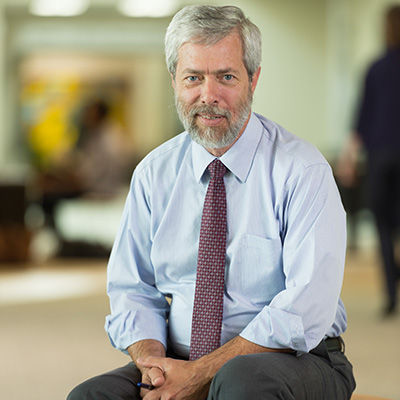The Christian Mind and the Pursuit of Wisdom
When we speak of the Christian mind we inevitably speak about the pursuit of wisdom. This is because the Christian mind is not merely about rationality or understanding or being smart or educated or informed—though it is all of those and more. It is ultimately about becoming wise women and men.
Wisdom is foundational to life. To speak of wisdom is to speak of life; those who long for wisdom and seek wisdom are seekers after God and the ways of God. Wisdom is a powerful and tangible gift from God, and the longing for wisdom and the pursuit of wisdom is not incidental to our human identity. It is rather another dimension of our longing to live, to fulfil our identities as those created in the image of God. We have this palpable longing to see and discover and live in the truth, to know the light and walk in light. This is wisdom.
As a person grows older, they should by design and intent grow wiser. This is basic to what it means to be human and, more, to what it means to grow older. The implication here is not that a young person cannot be wise but rather that wisdom is the particular mark of those who are older. To grow older and not wiser is to live poorly, to fail to achieve the purpose for which one lives. It rightly breaks our hearts when we meet an older person who is foolish in their understanding and ways of being. We wonder what happened that they did not grow wiser as they grew older. Something was lost; a life has been, one might almost say, wasted. For in the challenges of life, work and relationship, through both times of blessing and difficulty, part of the unique dynamic of life and one of the blessings of growing older is that one grows in the capacity for wisdom.
In all of this, there is a key and essential sequence that is referenced and assumed within the Christian Scriptures: from teaching and instruction . . . to knowledge and understanding . . . to wisdom. Thus, for example, a wise person is an informed person; they value knowledge and truth and understanding. The facts matter; they want to be informed. And in the Scriptures, knowledge and understanding are the fruit of good teaching and instruction. Thus, teaching and instruction lead to knowledge and understanding; and knowledge and understanding lead to wisdom. There is no wisdom without knowledge; there is no knowledge without good teaching. Indeed, this is the purpose of all formal education, from primary through post-secondary studies: that we would grow in wisdom and in our capacity for wisdom.
If you would be wise, then, you will pursue knowledge and understanding; you will tend to the life of the mind. And to this end, you will lean into and value good teachers—those who lead you into knowledge, not as an end in itself, but as the portal through which we move in order to become wise women and men. Wisdom, then, is practice informed by knowledge and understanding; it is a life that is shaped by, and infused with, truth.

